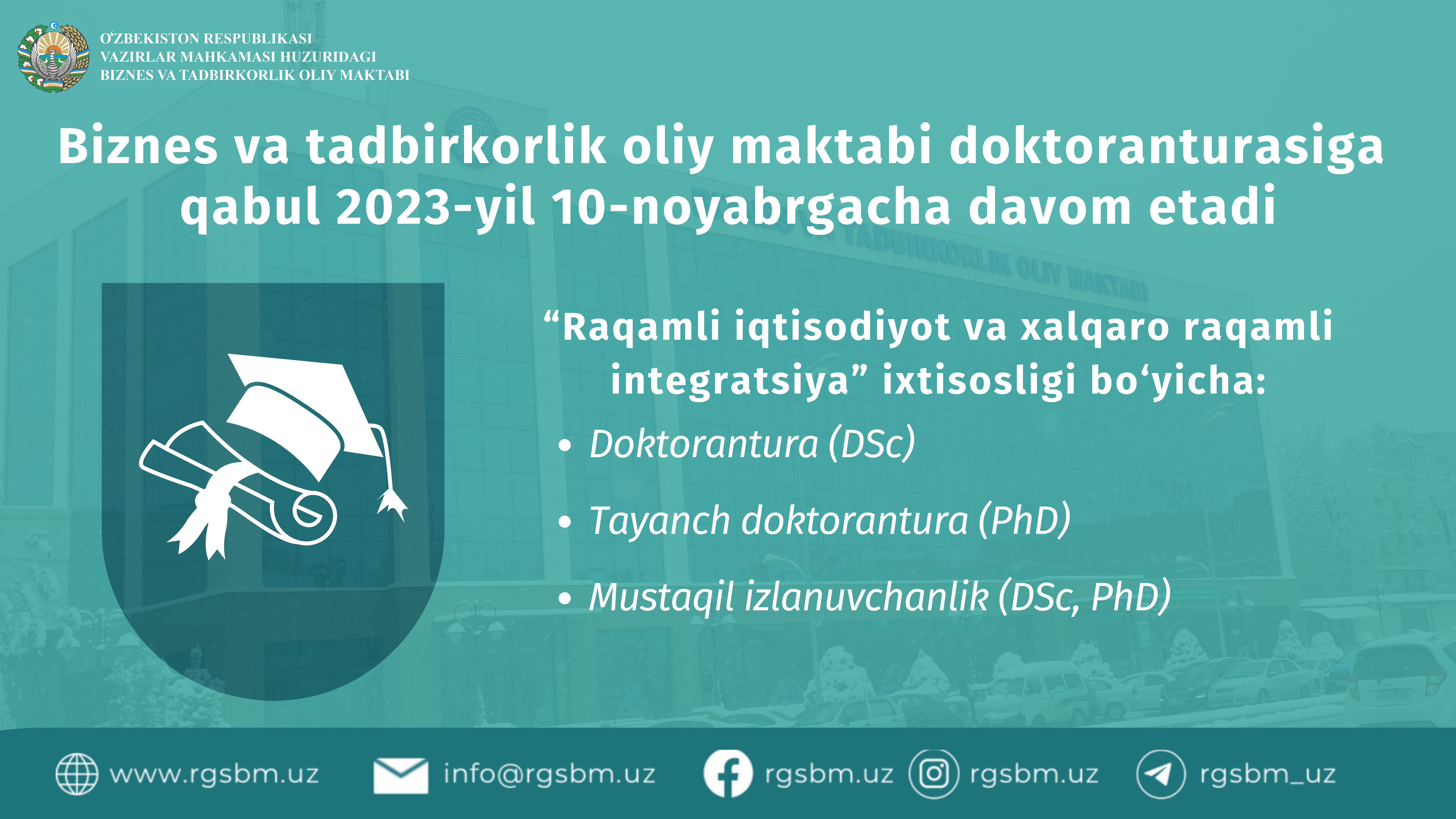
The course is intended for senior and middle-level managers, strategy managers/managers, heads of divisions and structural units of enterprises, public servants responsible for anti-crisis activities, risk managers, anti-crisis managers, Internal auditors, internal auditors, business process optimization specialists.
The purpose of the course is to understand modern methods of anti-crisis management for the effective use of all factors of production in order to increase financial stability and increase the competitiveness of the enterprise, as well as a deeper study and understanding of individual management issues, as the theory and practice of human activity management in all possible areas of its application.
Course Objectives:
- study of the sources, causes and manifestations of crises in a variety of interrelated trends in the development of organizations, the characteristics of State crisis management and the strategy and tactics of crisis management;
- study of the economic bases of insolvency and bankruptcy of enterprises, the role of the human factor in anti-crisis management, and basic bankruptcy procedures;
- study of the features of the current legislation on the insolvency (bankruptcy) of organizations, modern approaches to restore the solvency of organizations.
Programme of the course includes the following topics:
- causes of the crisis in the enterprise
- regulatory aspects of crisis management
- crisis management mechanisms and a system for managing the process of reorganization (rehabilitation) of an enterprise
- financial aspects of enterprise crisis management
- crisis management strategy and tactics
- innovation and mechanisms to increase the anti-crisis stability of the enterprise
- human crisis management
- crisis risk management
- diagnosis of bankruptcy in enterprises
After completing the course, graduates will know: essence of crisis phenomena. causes of the crisis; regulatory frameworks for crisis management; basic principles and content of the diagnosis of the state of the enterprise; crisis management mechanisms; be able to apply methods and mechanisms of crisis management; possess skills to apply strategic and tactical approaches to crisis management; to develop models of anti-crisis strategies; put theoretical knowledge into practice; own modern methods of collecting, processing and analyzing data characterizing crises in socio-economic development.
Form of study: full-time, full-time with separation from work or using the capabilities of distance educational technologies.
Study load:
Training load - 40 academic hours
Duration of study - 5 days
Intensity - from 9.00 to 16.00
Intermediate Control: Interview
Final control: testing
At the end of the course, a State-standard certificate is issued
Learning conditions:
Language - Russian, Uzbek
Number of students: 25-30 people

